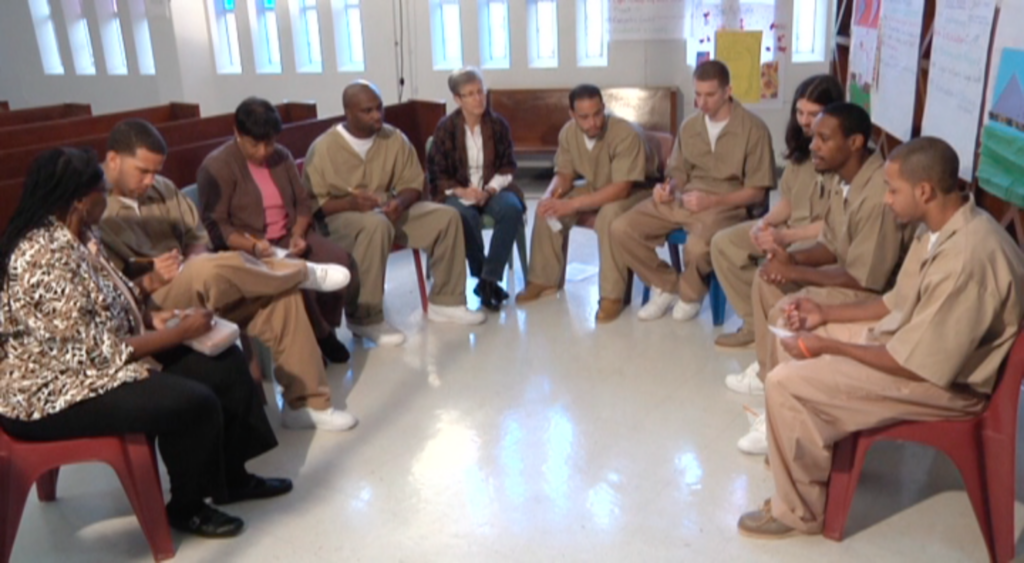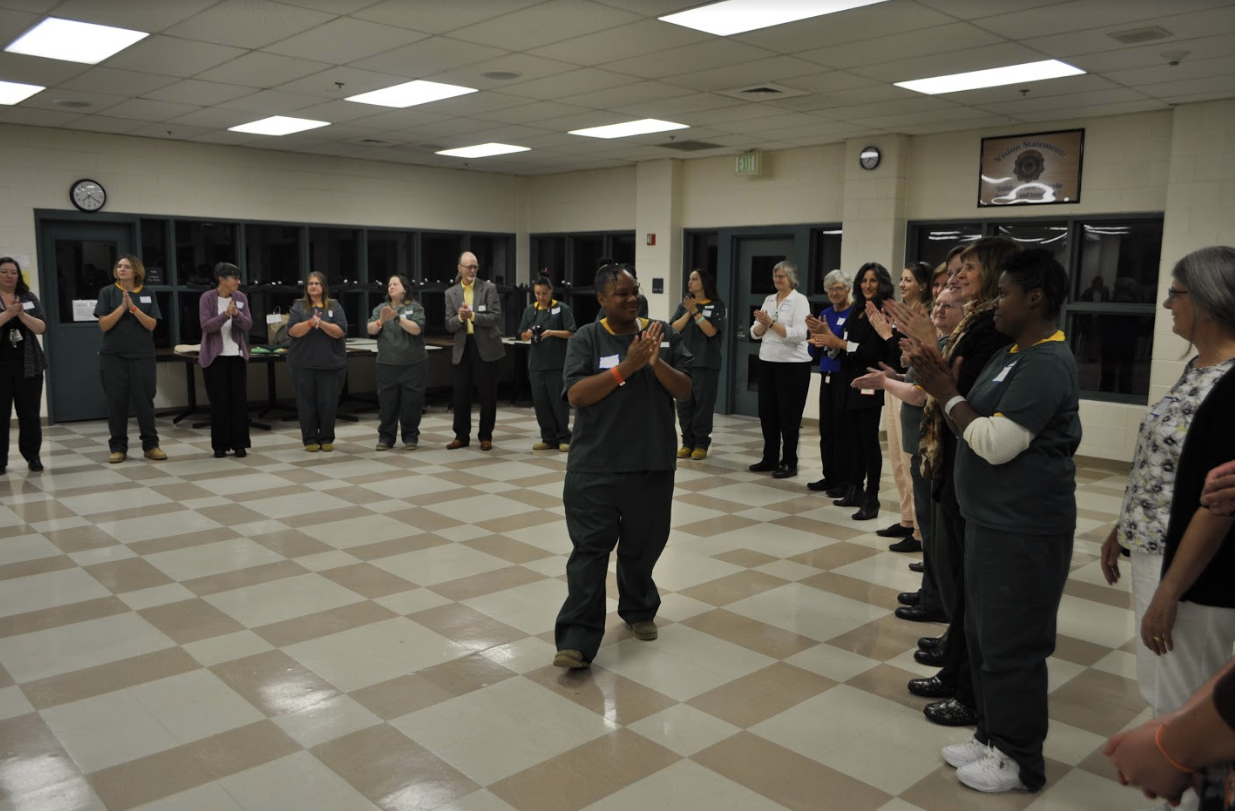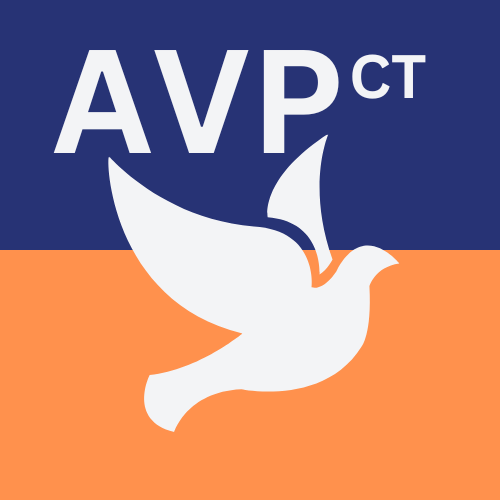What We Do
Alternatives to violence project
People learn the skills they need to deal with conflict safely and effectively.

The AVP Program

The core of AVP is three workshops, each 18-22 hours long: the Basic, the Advanced and the Training for Facilitators (T4F).
An AVP workshop is a time to experience alternatives to violence, not a time to hear lectures about it. A workshop includes a mix of components: exercises, which teach the concepts behind AVP, brainstorms, discussions and Light and Livelies – games which make no particular point but which get the blood flowing and the energy up, and often let loose lots of laughter.
The concept of Transforming Power is the heart of AVP, and figures in all AVP activities. Transforming Power is that power we all have to transform a bad situation into a good one. Learning to remember and use it is central to AVP.
An AVP workshop seeks to assist people in personal growth and change. AVP is not psychotherapy but an intensive learning experience. We join together, participants and facilitators both, to explore our own corners of violence and seek more satisfying ways to respond.
Safety and Respect
An AVP workshop provides a space of emotional and physical safety and respect for all contributions, where participants may feel free to show deep feelings and tell difficult stories.

Participants & Facilitators

In all workshops, the facilitation team are also participants — those who are not leading a particular exercise join in with the group and share their own experiences and feelings. In all prison workshops, the facilitation team includes incarcerated facilitators, who have had the same training as non-incarcerated ones.
An intensive, three-day learning experience.
The Basic AVP Workshop teaches conflict resolution skills through a series of step-by-step processes. These experiences in small groups and one-to-one interactions build a sense of community and trust through exercises focusing on:
- Affirmation — Building self-esteem and trust.
- Communication — Improving both listening skills and assertive methods of expression.
- Cooperation — Developing cooperative attitudes that avoid competitive conflicts.
- Conflict Resolution — Getting in touch with Transforming Power to resolve violence. Role plays provide an opportunity to practice using this power and learn new and creative ways to respond to real life conflicts in our lives.
AVP workshops seek to assist people in personal growth and change, but AVP is not psychotherapy. We join together, participants and facilitators both, to explore our own corners of violence and seek more satisfying ways to respond. Each workshop is generally 12 – 20 participants to facilitate discussion.
Focusing on the underlying causes of violence.
The interpersonal skill that the Second Level workshop introduces is that of forming a consensus, a way of reaching a decision that is acceptable to all and (unlike voting) does not leave anyone without input.
Using that approach, participants choose a focus topic for the workshop, and the facilitation team designs an agenda around it. That gives the participants the chance to explore an issue in depth that is important to them and to look at the underlying causes of the issue they’re exploring.
Training for Facilitators (T4F)
Begin by completing the Basic and Advanced AVP Workshops. If you find that this is an experience you would like to share and you would like to become an AVP facilitator, take the Training for Facilitators Workshop.This workshop focuses on developing team building, leadership methods, and group process skills. Participants are divided into teams of three or four. Your team will work together to present a section of a Basic workshop, and everyone else in the room (both your fellow trainees and the workshop facilitators) will be your participants. Afterwards you’ll evaluate your presentation and then receive feedback from the facilitators.Once you’ve taken the T4F you’ll be an apprentice facilitator, and you’ll join a team of experienced facilitators to get practice. In your first workshops you’ll probably choose to lead the simplest activities and then take on more complex ones as your confidence leads you.This is just a placeholder headline, we will replace it soon.
If you’re curious, this is Website Ipsum. It was specifically developed for the use on development websites. Other than being less confusing than other Ipsum’s, Website Ipsum is also formatted in patterns more similar to how real copy is formatted on the web.
Become an AVP Volunteer
Volunteering
The value you'll bring into other people's lives is hard to put into words. Get in touch to learn more about how it works.
Volunteer
